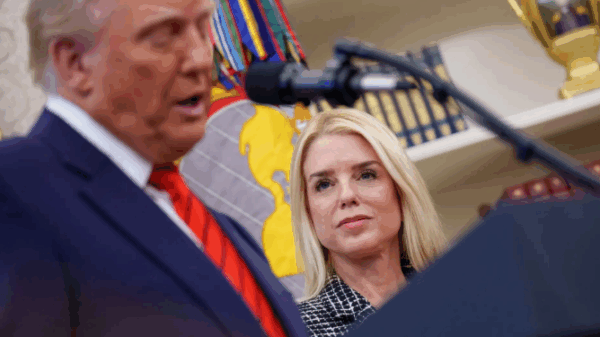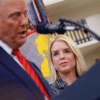In the wake of Donald Trump’s victory in the presidential election, a surge of interest in the “4B movement” has emerged across the United States, driven by concerns over potential restrictions to reproductive rights. The movement, which originated in South Korea, has found resonance with American women fearful of a federal abortion ban and the erosion of gender equality.
The term “4B” refers to four key aspects of women’s lives: sex, dating, marriage, and childbirth. Initially a reaction to South Korea’s severe gender inequality, the movement has been embraced by American women as a symbolic protest. In the days following the election, social media was flooded with posts from women who declared their intent to opt out of relationships with men, many even breaking up with Republican partners. Some women also engaged in dramatic displays, such as shaving their heads, as a way to become less attractive to the male gaze and, in their view, avoid the threat of sexual violence and subjugation.
One TikTok user shared, “Doing my part as an American woman by breaking up with my Republican boyfriend and officially joining the 4B movement this morning.” Another explained the origins of the movement, saying, “The 4B movement is a movement in South Korea where the misogyny and sexism are so bad that South Korean women have decided to opt out of men entirely.” However, these actions, while galvanizing for some, have raised questions about whether American women fully understand or are misapplying the movement’s origins.
The 4B movement in South Korea emerged as part of a broader feminist wave in response to pervasive sexism, gender-based violence, and workplace discrimination. It highlighted issues such as the disproportionate burden of domestic work, intimate partner violence, and the societal pressure to marry and have children. Hawon Jung, a journalist and author, explains that 4B in South Korea was rooted in a rejection of marriage as an institution, which, due to the conservative nature of Korean society, also led to the rejection of dating and childbirth.
However, Jung points out that the American version of the 4B movement diverges significantly from its South Korean counterpart. While American women are focusing on rejecting sexual relationships with men, the South Korean movement was primarily about rejecting marriage, with other aspects of the 4B lifestyle following naturally as a result. Additionally, Jung notes that the South Korean 4B movement has been controversial for its exclusion of trans women, a stark contrast to broader U.S. feminist movements that seek solidarity across different marginalized groups.
In contrast, American women’s actions, such as shaving their heads or rejecting sexual relationships, are seen as a form of protest against the possible loss of autonomy over their bodies. As the U.S. faces an increasingly hostile political environment for women’s rights, many are looking for ways to stay safe and assert their autonomy in a society that seems increasingly indifferent to their needs and protections.








































